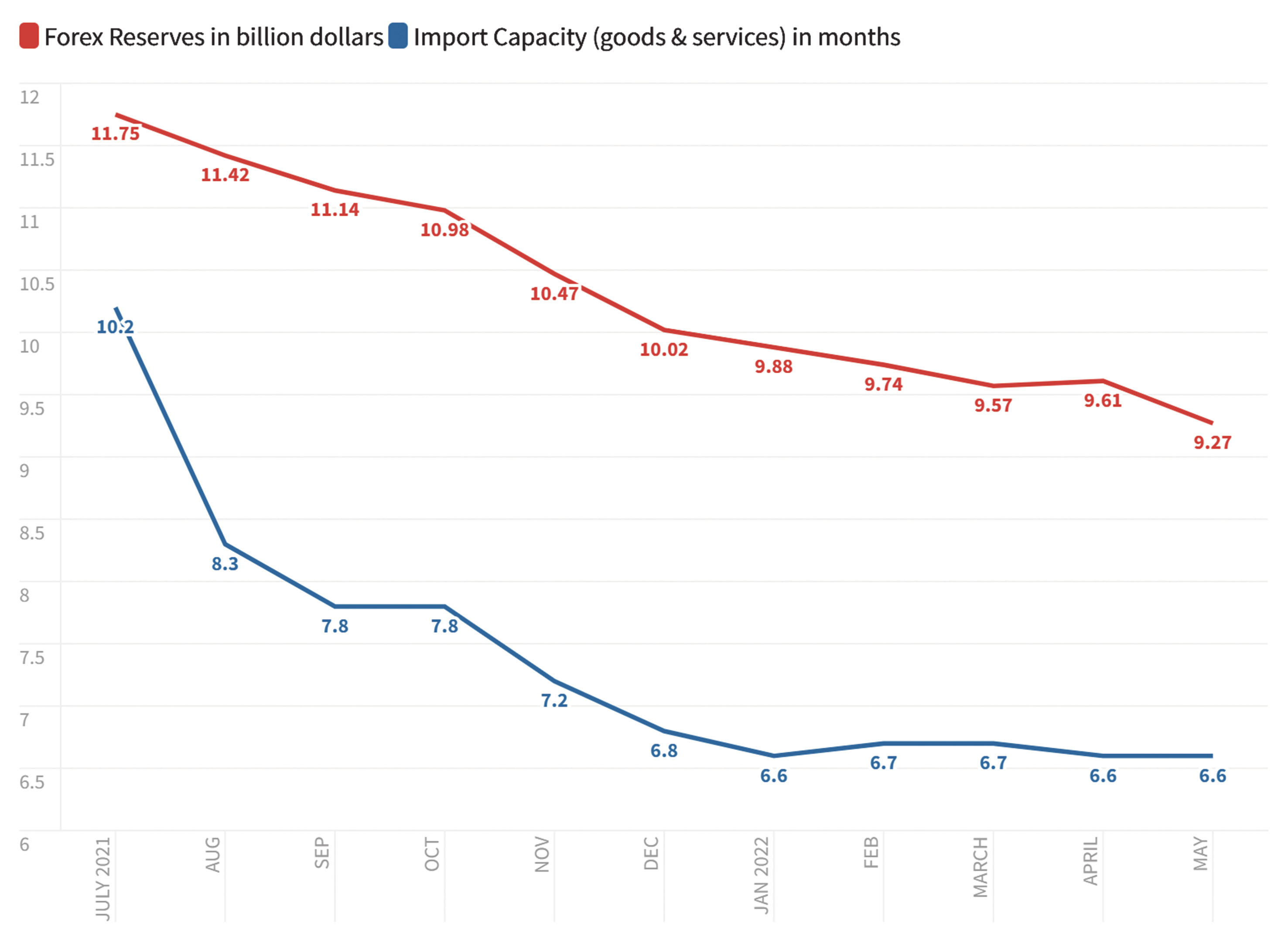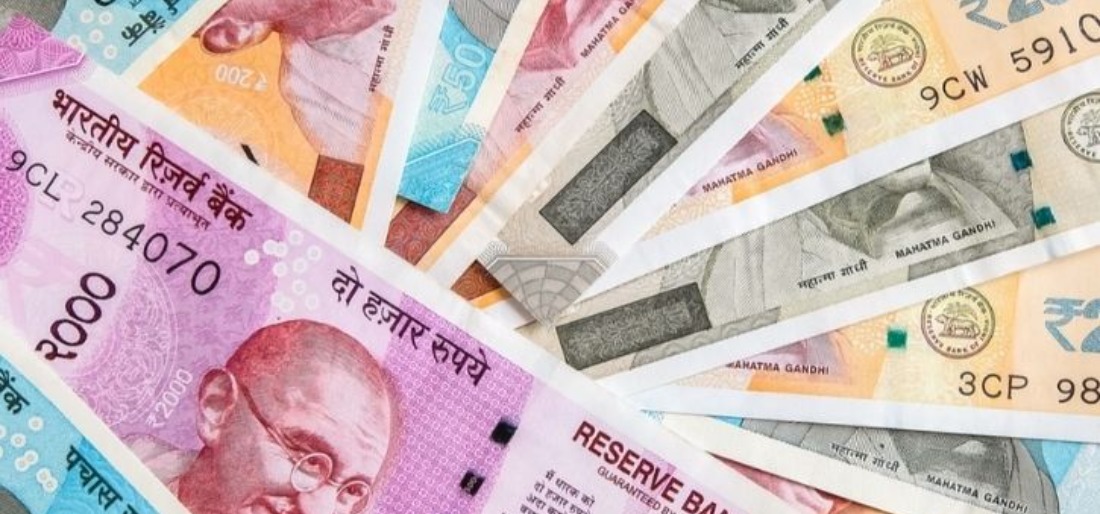In the dynamic and interconnected global economy, the maintenance of foreign exchange reserves (forex reserves) is crucial for countries to sustain economic stability and prosperity. Forex reserves refer to the assets held by a country’s central bank or monetary authority in foreign currencies and gold, serving as a buffer against external economic shocks and fostering confidence among international investors.

Image: kathmandupost.com
The rationale behind maintaining forex reserves is multifaceted. Primarily, these reserves provide a safety net to meet international payment obligations, such as imports of goods and services, foreign direct investment, and external debt repayments. By holding foreign currencies, a country can ensure its ability to purchase essential imports without depleting its domestic currency reserves. This is particularly important for nations with high import dependence or those experiencing a shortfall in their balance of payments.
Furthermore, forex reserves act as a shock absorber during economic crises. In times of market volatility or global financial instability, countries with adequate forex reserves can intervene in the foreign exchange market to stabilize their currency and prevent sharp depreciation. By selling foreign currencies, the central bank can increase the supply of domestic currency, thereby mitigating fluctuations and supporting confidence in the economy.
Adequate forex reserves foster foreign investment by signaling macroeconomic stability and financial resilience. Investors are more likely to invest in countries with ample forex reserves, as it reduces the risk of currency devaluation and exchange rate volatility. This inflow of foreign capital promotes economic growth, stimulates job creation, and enhances infrastructure development.
Moreover, forex reserves play a crucial role in maintaining the value of the domestic currency. By ensuring a steady supply of foreign exchange, the central bank can influence the exchange rate and prevent excessive appreciation or depreciation. This is essential for export-oriented economies that rely on competitive exchange rates to promote exports and boost economic growth.
In recent years, the importance of forex reserves has been amplified by the increasing globalization of trade and financial markets. The interconnectedness of economies means that external shocks can have far-reaching consequences. Maintaining adequate forex reserves allows countries to mitigate the potential impact of global economic volatility, whether it’s a financial crisis, a natural disaster, or a trade dispute.
To determine the optimal level of forex reserves, countries consider factors such as the size of their economy, the level of external debt, the volatility of their exports, and the level of foreign investment. The optimal level may also vary depending on the specific economic conditions and the country’s risk appetite.
In conclusion, maintaining forex reserves is a strategic imperative for countries seeking economic stability, resilience, and prosperity. By providing a safety net against external shocks, fostering foreign investment, and stabilizing the currency, forex reserves play a crucial role in ensuring a healthy and dynamic economy.

Image: www.indiatimes.com
Why To Maintain Forex Reserves






